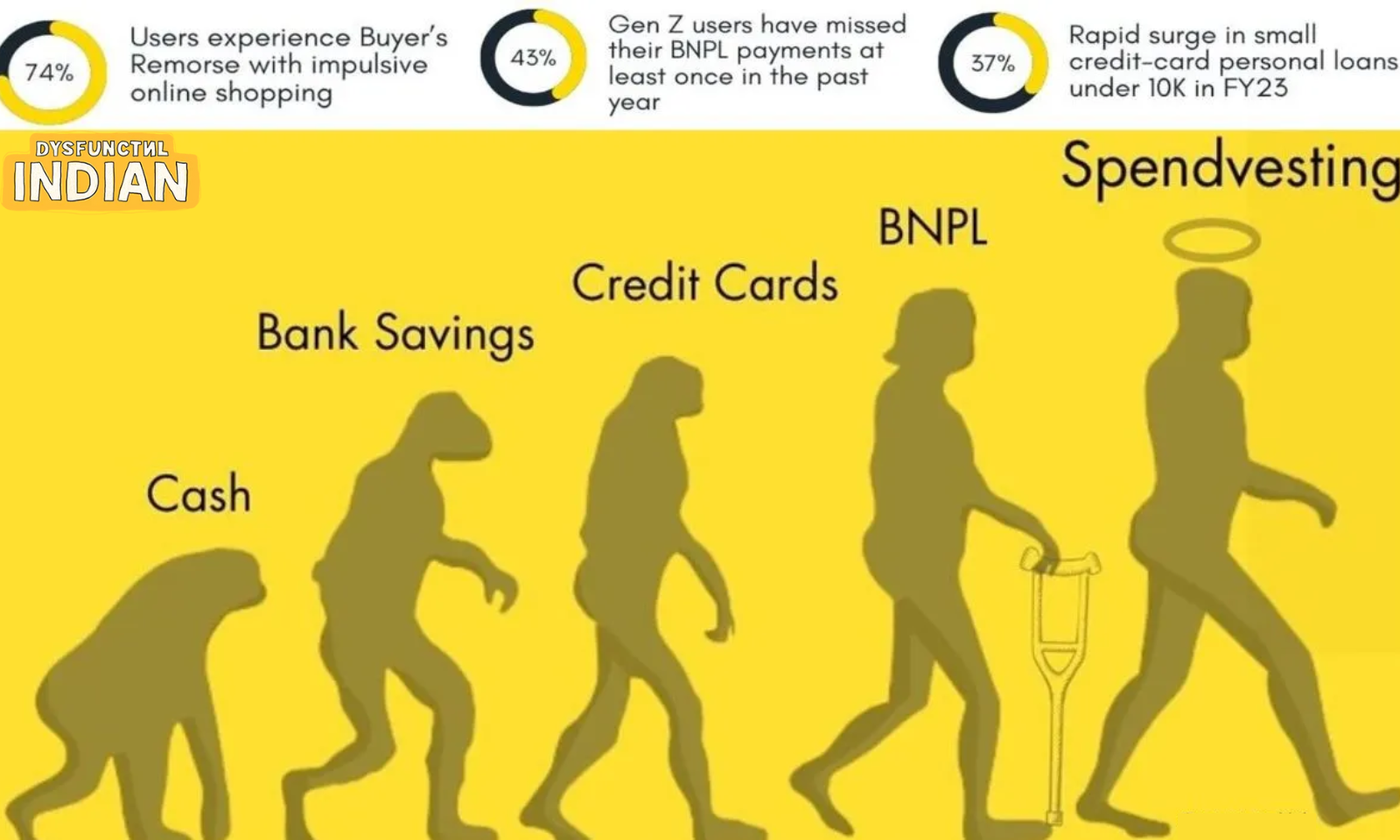Why Is Democracy Declining Globally?
Posted by admin on 2024-10-15 |

In recent years, democracy has faced
increasing challenges across the world. Once viewed as the gold standard for
governance, democracy is now under threat from a rise in authoritarian regimes.
According to the Democracy Index 2023 published by The Economist
Intelligence Unit, global democracy continues to decline, with over a third of
the world's population living under authoritarian regimes. The report ranked
167 countries, and fewer than 20% were classified as full democracies. India,
the world’s largest democracy, was ranked 46th and classified as a “flawed
democracy,” reflecting concerns about the erosion of democratic freedoms?
The
Rise of Authoritarianism: A Global Trend
Around the globe, authoritarianism is
on the rise. From Russia to Hungary, Brazil to Turkey, and even in parts of the
West, we are witnessing the increasing power of strongman leaders who
prioritize control over democratic principles. In some cases, these leaders
came to power through democratic elections but later used their positions to
weaken democratic institutions, like an independent judiciary or a free press.
Countries that were once considered
emerging democracies have regressed into authoritarian rule. Even where
elections still take place, they are often heavily influenced by ruling powers,
limiting genuine political competition. India, as the world’s largest
democracy, is not immune to this trend either, with growing concerns over the
health of its democratic institutions.
Why
Is Authoritarianism Growing?
Polarization is the key driver. Across the
world, societies are becoming increasingly divided—politically, socially, and
culturally. When these divides deepen, populist leaders often rise by
exploiting them. They portray themselves as the protectors of one group while
vilifying others, creating an "us vs. them" narrative. This not only
fuels conflict but also weakens democratic debate and dialogue, which is
essential for any functioning democracy.
In many cases, corruption and
ineffective governance have also played a role in turning people away
from democracy. When democratic governments fail to deliver on promises,
citizens may lose faith in the system, making authoritarian alternatives more
attractive.
Democracy
in Decline: The Role of Media and Technology
Traditional media outlets have often
been silenced or manipulated by authoritarian regimes. By controlling the
narrative, these leaders prevent opposition voices from gaining traction. In
some cases, governments have outright shut down media channels critical of
their actions.
In India, concerns have been raised
about the shrinking space for dissent and the increasing use of sedition laws
to silence critics. The Global Freedom Report 2023 noted a decline in
press freedom, with journalists facing harassment and legal challenges for
critical reporting. While India remains a democracy, these trends point to the
fragility of democratic values even in countries with long-standing democratic
traditions.
The Role of Social Media
Social media, which was once seen as
a tool for democracy and free speech, has become a double-edged sword. While it
allows people to share information and organize protests, it is also used by
authoritarian regimes to spread misinformation and propaganda. In countries
like China and Russia, governments have developed sophisticated tools to
monitor online behavior, censor dissent, and manipulate public opinion.
India, too, has seen the rise of online
disinformation and politically motivated narratives. Social media platforms
are often used to polarize public opinion and create echo chambers where only
one-sided information thrives. As a result, it becomes harder for democratic
debate and compromise to flourish.
How
Authoritarianism Impacts Everyday Life
Authoritarianism doesn't just affect
elections and governance—it has real consequences on people’s daily lives. When
freedom of speech is restricted, people lose the ability to express themselves
openly. Activists, journalists, and political opponents often face harassment,
imprisonment, or even worse.
As authoritarian governments grow
more powerful, civil liberties—the basic freedoms of speech, assembly,
and press—are often the first to be curbed. Once these rights are eroded, it
becomes much harder to push back against government overreach. Citizens are
left with little recourse when their rights are violated, and this creates a
culture of fear and silence.
Authoritarian regimes also tend to centralize
power, reducing the effectiveness of local governance and making
decision-making less transparent. Economic opportunities often become tied to
political loyalties, leading to cronyism and inequality. This creates a
situation where wealth and resources are concentrated in the hands of a few,
while the majority of people are left to struggle.
What
Can Be Done to Protect Democracy?
While the rise of authoritarianism
is alarming, it’s not inevitable. There are ways to push back and protect
democracy—starting with the people themselves. Civic engagement is key.
When citizens are informed, involved, and vocal, it becomes much harder for
authoritarian regimes to take hold. Ensuring that elections remain free and
fair is essential to keeping power in the hands of the people, not the ruling
elites.
Additionally, independent
institutions—from the judiciary to the press—must be protected at all
costs. These institutions act as checks on government power, ensuring that no
leader can rule unchecked. Civil society organizations also play a vital role
in holding governments accountable and promoting transparency.









